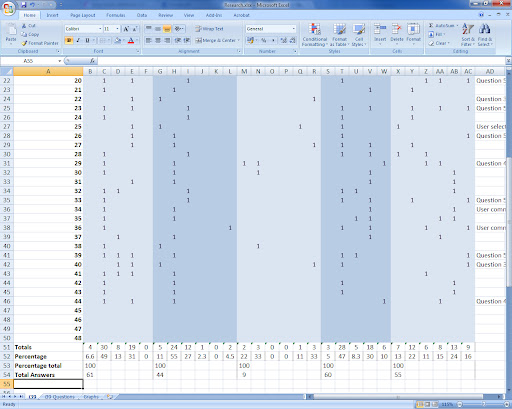The first places I go to for information when writing an essay on the music industry will usually be one of the industry's trade associations; the BPI (British Phonographic Industry) or the IFPI (The International Federation of the Phonographic Industry). It makes sense that they would carry the best, unbiased information which spans the entire industry.
However with the industry hanging in limbo it's fairly clear what the industry's preferred afterlife is. Piracy is bad. Piracy ruined what we had. Piracy took our control. It's been 10 years now since Napster shifted the customers power in music consumption, personally I think it's about time some trade associations took a better attitude towards it, and perhaps they'd be able to start helping find real solutions rather than chasing million-pound-pipe-dreams. I'll save that for another post.
The report starts with a Terminator 2 style synopsis of the state of the industry since Skynet Napster came onto the scene in 1999. The report goes on to mention the "decline of music sales" in the UK falling by 25% in the last decade, attributing illegal sites and services to the problem.
Come to think of it, I don't think I've ever heard the auto industry blame public transport for decline in car sales, as if every time I get a train that's one less car sold. More on that later too.
The report then goes onto recognise three notable reports which do in fact draw the conclusion that there is little evidence to prove that illegal file sharing activity is the cause of the current decline in music industry revenue. That's fairly good of them I'll admit, I also like the quotes they chosen to represent them, from the Oberholzer & Strumpf report:
"Downloads have an effect on sales which is statistically indistinguishable from zero"
Moving on, the report now goes on to list a torrent of sources which backup the viewpoint that illegal file sharing is destroying the industry as we know it. First up is a report by Juniper Research, which is bound to be unbiased right? I'll quickly check to see who it was commissioned by first though...
....IFPI, BPI, FIMI, AIM, IMPALA, MPAA. Ok well considering this is research paid for, compiled and hosted by the very people making the argument let's place it aside for now, there's bound to be plenty more arguing their case, right?
Perhaps the quote which in fact sums my the report, and my own opinion is from page 98:
"For every study that finds a negative correlation, there is another that concludes that there is no impact, or in some cases even positive implications."
It goes on later to say in its own conclusion "Given the multitude of dimensions to the relationship between free downloading and sales, an undisputed, unambiguously positive or negative impact cannot be identified."
I'll be looking into the BPI report more in the near future, but that's all for now,
keep reading though if you're interested in my own opinion of the music industry's decline.




